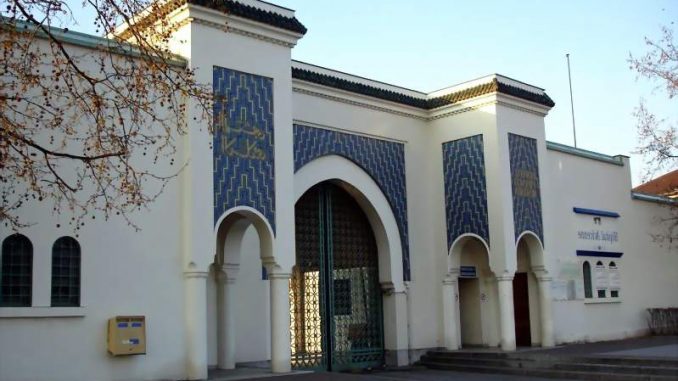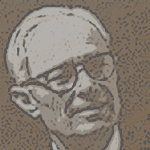
The most important hospital in Bobigny, a town in the north-east outskirts of Paris, in the department of Seine-Saint Denis (the “93“), is called Avicenne, from the latinized name of Ibn Sina, muslim philosopher and physician. Almost 1000 years before psychoanalisis, Ibn Sina developed a verbal “influence technique” through which he treated psychic disorders. Given a place like this, in which immigrants recently reached the fifth generation, and where it represents the 30, 40 percent of the population (like in Aubervilliers, La Corneuve, Bobigny itself), it’s not strange that here was born a technique in psychotherapy that, starting from the treatment of immigrants families, ended up overturning the basis of occidental psychology and epistemology. It is ethnopsychiatry, or ethnopsychoanalisis, developed by Tobie Nathan from his experience of public psychiatrist in Avicenne hospital.

Today, in Centre Georges Dévereux, founded by Nathan in Paris VIII University (until last year, in Seine-Saint Denis), work psychotherapists, philosophers of science, curanderos, babalaos, maîtres-des-secrets of uncountable origins and “affiliations”, brought together by the fascinating quest of a new “influence technique” that could deal in a decolonized and non-ethnocentric manner with the complexities of this world: in which we know well, by now, that “we are not alone” (Nathan, 2001).
- In Centre Georges Dévereux webpage there is a multitude of extremely interesting articles, both by Tobie NATHAN as well as from other contributors working with him: Lucien HOUNKPAKTIN (the actual director), Catherine GRANDSARD, Geneviéve N’KOUSSI, Bruno LATOUR, Philippe PIGNARRE, Emilie HERMANT, Nathalie ZAJDE, Isabelle STENGERS, Françoise SIRONI, Jean-Luc SWERTVAEGHER.
- Stefano PORTELLI (2009) “Anthropology applied to psychotherapeutical intervention“, in (Con)textos, revista d’antropologia i investigació social, n.3. [italian] [in spanish:PDF] [in spanish: ebook]
- Francesca DESIDERI (1997) “Etnopsichiatry: an alternative paradigm“ [in italian]
- Though cultural politics in Bobigny are serious and progressist, the town has an extremely high rate of unemployment, even if it’s part of one of the richest areas of Europe. Many immigrants and “mal-logés” are constantly exposed to evictions and precariety. See the cases of La Corneuve, Bagnolet, Saint Ouen (from the webpage of DAL – Droit au logement)
- Recommended movies on Bobigny and “93”: “93 la belle rebelle” (2010), “Wesh Wesh que’est-ce qui se passe” (2001)